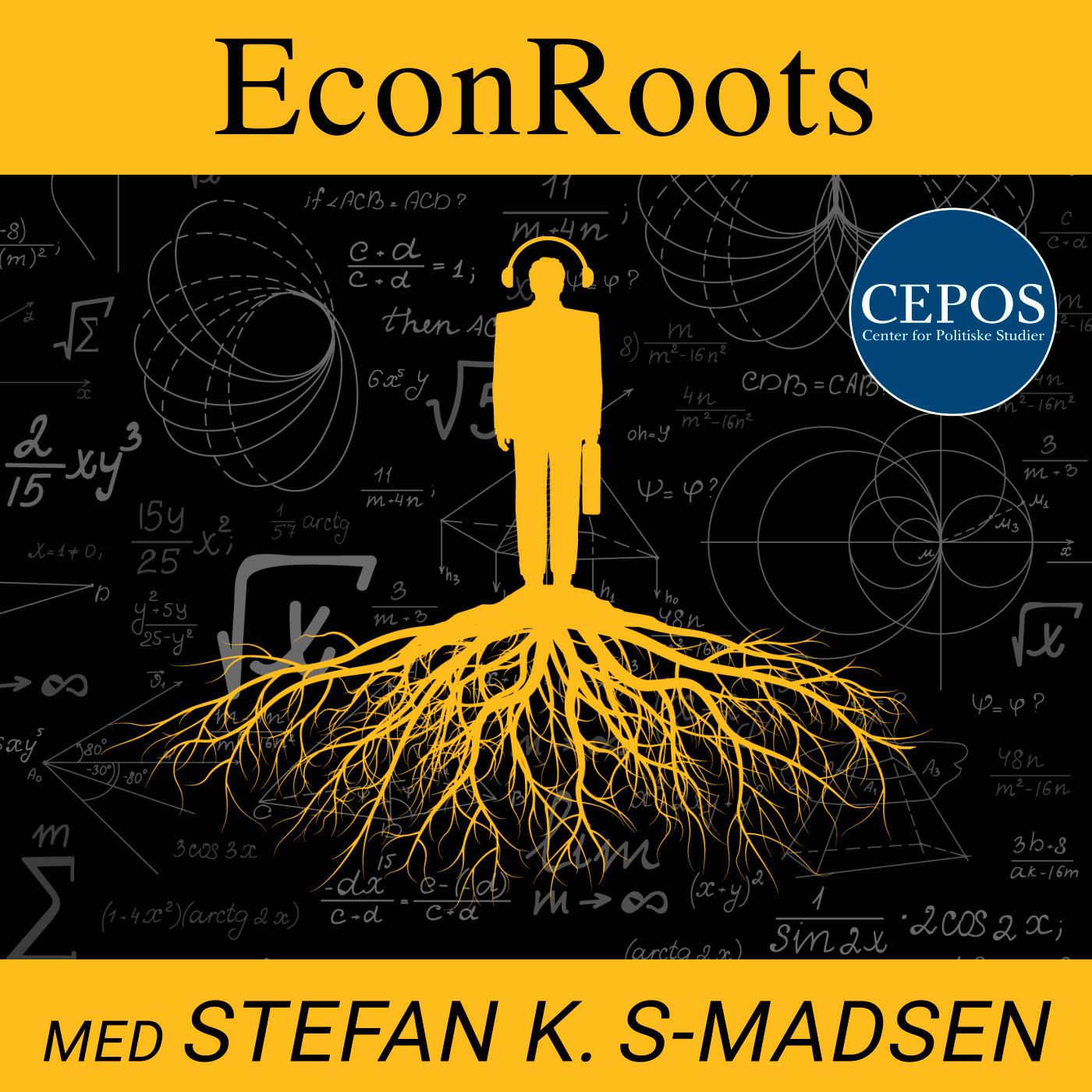- After-Shows
- Alternative
- Animals
- Animation
- Arts
- Astronomy
- Automotive
- Aviation
- Baseball
- Basketball
- Beauty
- Books
- Buddhism
- Business
- Careers
- Chemistry
- Christianity
- Climate
- Comedy
- Commentary
- Courses
- Crafts
- Cricket
- Cryptocurrency
- Culture
- Daily
- Design
- Documentary
- Drama
- Earth
- Education
- Entertainment
- Entrepreneurship
- Family
- Fantasy
- Fashion
- Fiction
- Film
- Fitness
- Food
- Football
- Games
- Garden
- Golf
- Government
- Health
- Hinduism
- History
- Hobbies
- Hockey
- Home
- How-To
- Improv
- Interviews
- Investing
- Islam
- Journals
- Judaism
- Kids
- Language
- Learning
- Leisure
- Life
- Management
- Manga
- Marketing
- Mathematics
- Medicine
- Mental
- Music
- Natural
- Nature
- News
- Non-Profit
- Nutrition
- Parenting
- Performing
- Personal
- Pets
- Philosophy
- Physics
- Places
- Politics
- Relationships
- Religion
- Reviews
- Role-Playing
- Rugby
- Running
- Science
- Self-Improvement
- Sexuality
- Soccer
- Social
- Society
- Spirituality
- Sports
- Stand-Up
- Stories
- Swimming
- TV
- Tabletop
- Technology
- Tennis
- Travel
- True Crime
- Episode-Games
- Visual
- Volleyball
- Weather
- Wilderness
- Wrestling
- Other
Nobel laureate Eric Maskin on mechanism design, Arrow and the world
Today marks a milestone in the history of EconRoots as a podcast. While we have already been blessed with guest appearances from some of the best economists in the field, today we have our first nobel laureate the esteemed Eric Stark Maskin. While we will deal with Maskin important contributions in a later ordinary episode, we are very thankful to Maskin and Copenhagen Business School for awarding us time together doing his spring 2023 visit.Maskin is is an American economist and mathematician. He was jointly awarded the 2007 Nobel Memorial Prize in Economic Sciences with Leonid Hurwicz and Roger Myerson "for having laid the foundations of mechanism design theory".[3] He is the Adams University Professor and Professor of Economics and Mathematics at Harvard University. In season 1 (Danish) we reviewed the history of economic thought before WWII. The coming seasons are dedicated to the Nobel Prize in Economics, and I am joined by economist Otto Brøns-Petersen. The Nobel prize is a good benchmark for how the field and profession of economics developed after WWII. We will focus both on the scientific contributions and on the people behind them. These are all star economists and worthy of your time and attention. Some will mainly feature in one episode, others in several. We therefore advice that you listen in the thematic order we propose – but it is up to you. Rest assured, we will cover all… Eventually. References:Maskin E, Sen A. The Arrow Impossibility Theorem. Columbia University Press; 2014 pp. 168.

